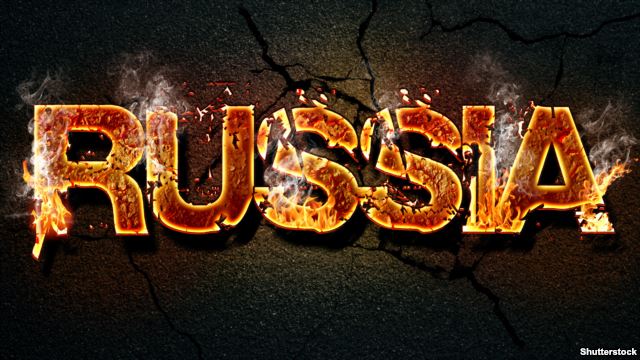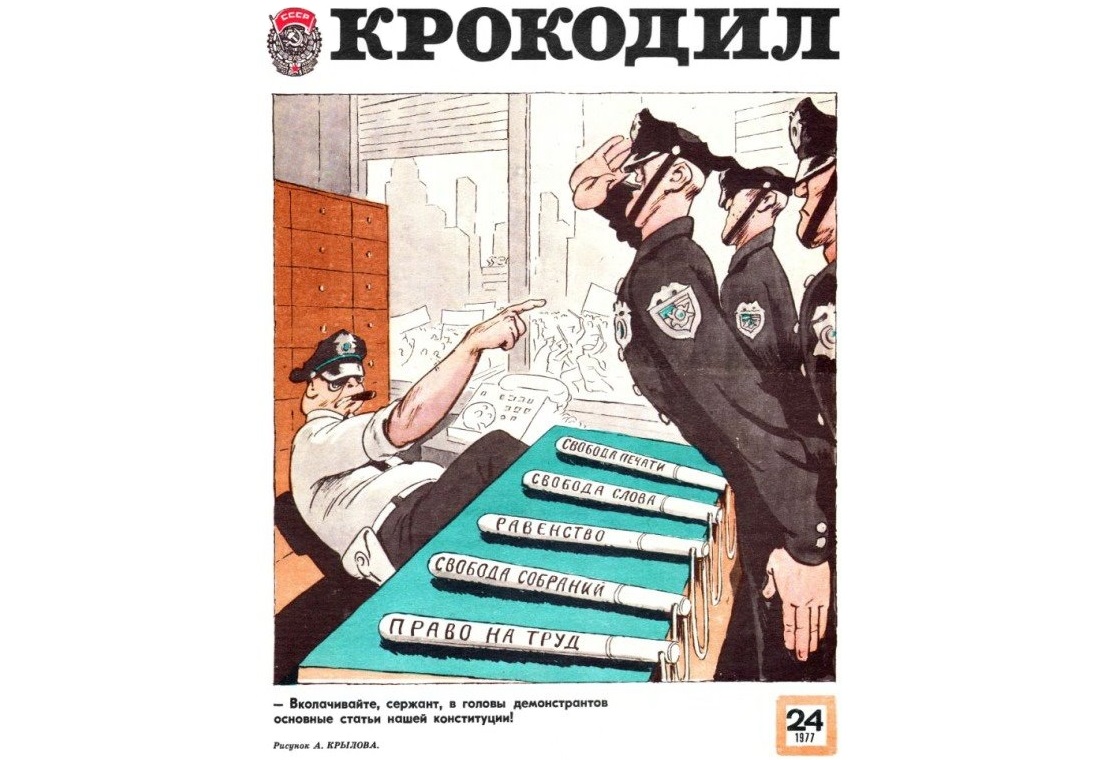Experts argue whether this additional money will be enough to avoid the threat of default and the collapse of the Ukrainian economy, as, together with its own crisis, it is also largely exposed to the problems of the Russian economy.
Despite the political conflict and aggression against Ukraine, Russia remains one of Ukraine’s biggest economic partners.
There is a popular joke now in Ukraine: “When waking up in the morning, a real Ukrainian will first and foremost make sure oil prices are going down, the Russian ruble is falling further, and only then will they start going about their own affairs.”
However, experts claim that Ukrainians should instead focus on the exchange rate between the Hryvnia and foreign currencies, as the Ukrainian economic and financial systems are still tied to Russia.
Therefore, the collapse of the Russian economy may bring down most, if not all, of Ukraine’s economy, and its individual industries.
World media frequently broadcast footage from Russia’s biggest cities, Moscow and St. Petersburg, with notices declaring offices and entire buildings for rent etc. However, the same can be seen in the streets of Ukrainian cities, such as Kyiv, Lviv or Odesa.
The long military conflict in the East, combined with the fall of production and inflation, has already impacted not only on Russia’s economy, but also that of its ‘victim,’ Ukraine, domestic experts think.
Expert in energy security, Bohdan Sokolovsky, thinks that it is expedient to view the results of the continued decline of Russia’s economy for Ukraine not only in terms of its economy, but also its general security.
According to him, Ukraine’s dependence on Russian resources threatens the security of Ukraine and Europe in general. If the Russian economy falls, if Russia is unable to supply Ukraine’s gas transportation system or its oil processing plants, Ukrainians may not have heating, electricity and bare necessities, Sokolovsky noted.
“We depend on Russia more in terms of oil and nuclear fuel than in terms of gas. If the economy there stalls, energy supplies to Ukraine will stall accordingly. Therefore, on the one hand it is good that the sanctions against the Kremlin are effective, as they are the enemy; on the other, it is not good for us. Because we are not ready to switch. And now, say, just in terms of oil alone, we are 100 percent dependent on Russia. As soon as Russia stops supplying Ukraine with oil, there is a high possibility that we will have no gasoline,” noted the expert to Radio Liberty.
According to Sokolovsky, if the events continue developing as they are, first and foremost, oil processing plants will cease operations in Ukraine and neighbouring Romania and Slovakia.
Therefore, the owners will shut down their gas stations.
Paliy: It is necessary to run checks on every buyer from CIS countries
Kyiv-based writer and historian Oleksandr Paliy, having analysed the trends in Ukrainian-Russian trade, noted that Russia’s part in Ukraine’s economy has decreased. Therefore, if Russia’s economy collapses, the economic and financial systems of Ukraine will suffer, but not critically, emphasized the expert.
“We see that Ukrainian exports to Russia have fallen by half, circulation of goods is falling as well. The dependency, which used to be very strong, is decreasing. See, now our exports to Russia constitute about 15 percent of the general exports. The ties Ukraine and Russia’s economies used to have are decreasing, first and foremost, because of Russia itself, which pushed Ukraine out of its market. If the Russian economy falls, it will not be a significant catastrophe for Ukraine, as it would have been before,” Paliy thinks.
Instead, a real threat to Ukraine is the continued cooperation between individual Ukrainian and Russian industries, both in energy and the military industrial complex. According to Paliy, it is necessary to run checks on every buyer from the CIS countries who purchases dual-purpose goods in Ukraine, as well as military goods.
“As to the so-called ‘dual-purpose goods,’ it goes without saying that Ukraine had to say no to supplies to Russia, and that had been the correct decision to make. However, certain exceptions have been made. As such, helicopter engines from Zaporizhya (‘Motor-Sich’) go to Belarus. First Russia bought a large number of these engines, it is obvious that Russia will not use them on civilian helicopters exclusively. Then Belarus said it was ready to buy those engines from Zaporizhya, and, it is most likely, Belarus is the intermediary; it buys these engines, and then sends them to Russia,” the expert explained.
He also thinks that Kyiv should develop the military industry as a prospective industry, able to satisfy the needs of the Ukrainian Armed Forces in terms of weaponry, and, at the same time, as an investment-friendly sector of the Ukrainian economy.
Finance Minister Yaresko: Ukraine is not bankrupt
The Ukrainian government, however, does not consider the collapse of the Russian economy critical for Ukraine. As Prime Minister Arseniy Yatseniuk noted, the circulation of goods between the two countries is decreasing, Ukrainian producers are actively foraging into the European and other export markets for their goods.
“We have a two-fold decrease of trade with Russia. Russia will stop being one of Ukraine’s main trade partners in the nearest future,” Yatseniuk said at a press conference in December.
The Prime Minister also acknowledged the presence of a financial-economic crisis in the country and noted that what would save the economy would be financial support from international partners, the development of domestic businesses etc.
Ukrainian Finance Minister Nataliya Yaresko told German publication Handelsblatt that it was too early to deem Ukraine a bankrupt country.
“We are going through a difficult financial crisis, the country is in very dire condition. But Ukraine is not bankrupt. We definitely need more financial support from our partners. We need loans, not gifts. We are currently in talks with the IMF,” Yaresko noted.






